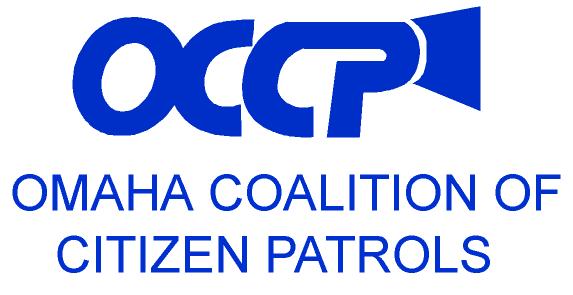

HOME SECURITY SELF-TEST
Everyone can do their part in deterring crime in our neighborhood. Take the following test to determine whether your habits or activities tend to discourage crime or invite crime:
Do you leave rakes, shovels, spades, hatchets, hammers, screwdrivers, or garden tools in your yard?
If you answered yes, you are setting yourself up for theft of the tools; you are also placing burglary tools into the hands of someone who could use the tools to break into yours or someone else’s home or vehicle.
2. Do you store or leave ladders in your yard?
If you answered yes to this question, you are setting yourself up for theft of your ladder; you are also giving a burglar the means to gain access to your home at a higher elevation (such as at window level) that he/she could not ordinarily reach from ground-level.
Do you have objects or items in your yard or porch that will invite theft or vandalism?
Unfortunately, we no longer live an era where you can be assured that what you left outside last night will still be there in the morning. Most crimes of opportunity occur because someone else has not been careful and the perpetrator sees an easy opportunity to act quickly. Items such as lawn ornaments, bricks, and pavers, that are not anchored or attached can wind up being stolen or thrown through someone else’s windshield. Give thought to permanently attaching or anchoring such items in order to make it difficult for someone to remove them quickly.
4. At night, is your home, garage, or driveway surrounded by significant areas of darkness?
If you answered yes, you are setting yourself up for burglary, theft, robbery, or possible assault, as darkness provides excellent cover and concealment for criminals and vandals. The Omaha Police strongly recommend that you install motion sensor lights to illuminate all such dark areas and to motivate the criminal element to move on.
5. Do you hire persons to do work around your home whom you do not really know and who have approached you on the street or at your house, asking if they can do anything to earn some money?
If you answered yes, you are potentially setting yourself up to be burglarized and/or vandalized by someone who might have targeted you in advance.
Do you participate in unsolicited surveys by persons who come to your door; or do you give money to persons who come to your door and claim that they have run out of gas?
One recent burglary pattern that has been observed in the Omaha area involves at least 2 persons. One individual comes to your door, and asks you to fill out a brief “consumer survey” in exchange for which you will receive a can of cleaner or polish. While the homeowner is filling out the survey, the person who rang the doorbell is carefully observing the front door, the lock and windows, and casing the inside of the house, to whatever extent visible. At the very same time, another individual whom you have not seen is checking out the rear of your house to ascertain the system of locks, and any obstacles to entry and exit such as fences, dogs, etc.
It is perfectly fine not to answer your door if you do not know who is at the door, or to decline to participate in any such surveys or requests for money.
Do you leave your car doors unlocked; or leave your key in the ignition; or leave valuables in your car?
If you answered yes to this question, well--you might as well just hand them the title, too.
Can you answer the following:
Who lives next door to you, on either side of you?
Who lives directly across the street from you?
Who lives directly behind you?
Do you have the telephone numbers for each of them?
If you answered “no” to any one of these questions, you are disregarding one of the greatest resources you have to fight crime in your neighborhood: each other. You might not be best friends with your neighbors, but probably all of them will agree that you should not become the victim of crime or be harmed. Communicating with your neighbors about criminal situations or problems in the neighborhood and watching out for each other is an effective way to deter crime.
Are you reluctant to call 911?
Many people are reluctant to call 911 unless they are “certain” that criminal activity is taking place. However, most people have not been trained in the area of law enforcement and lack the skills to make that judgment. You do not need to be certain that a crime is in progress before you call 911. You should call 911 any time you see or become aware of activity or a situation that appears suspicious to you, or seriously concerning to you. Let the police decide if it is, in fact, criminal activity or an emergency. It is better to call 911 and find out later that there was nothing wrong, than not call 911, and find out---possibly too late—that your suspicions were correct.